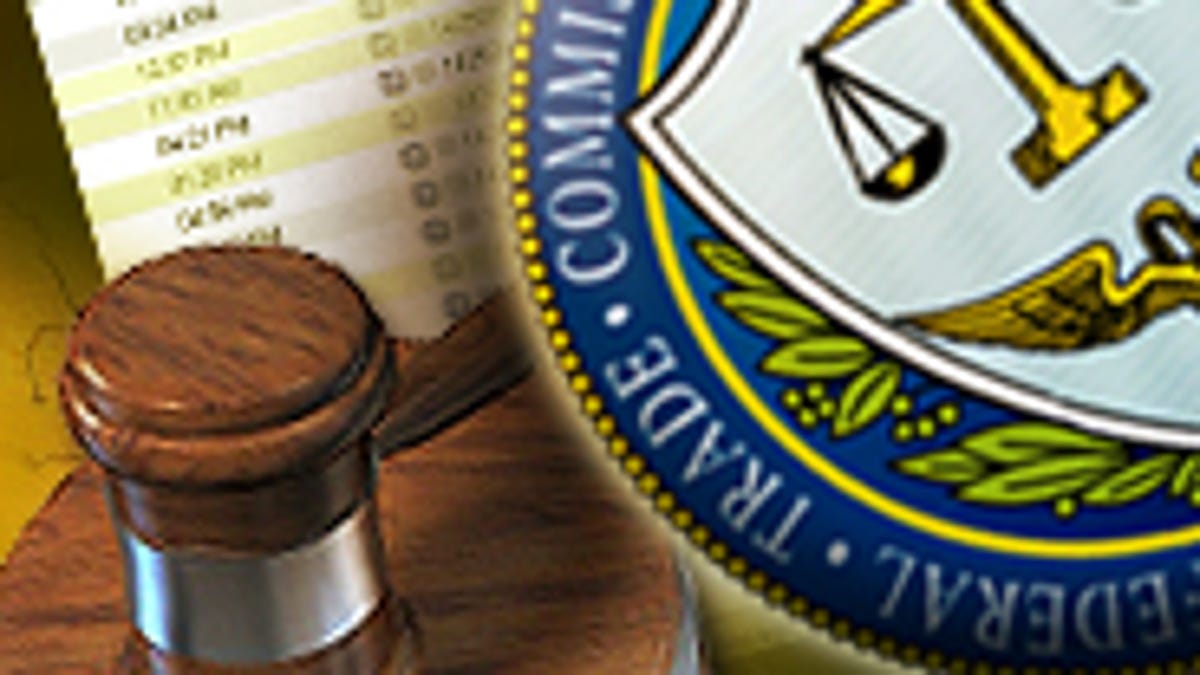Judges question FCC authority in Comcast case
Federal judges seem unwilling to buy the FCC's argument that it had the authority to punish Comcast for blocking peer-to-peer traffic on its network.

The Federal Communications Commission may lose a critical battle in its fight to impose Net neutrality rules to keep the Internet open.
Federal judges on Friday seemed unwilling to accept the FCC's argument for censuring Comcast after it was discovered in 2008 to be throttling or slowing down file-sharing traffic on its Internet connections, according to a story published by The Wall Street Journal.
"You can't get an unbridled, roving commission to go about doing good," the WSJ quoted Chief Judge David Sentelle of the U.S. Court of Appeals for the District of Columbia Circuit.
In 2008, the FCC, under then Republican chairman Kevin Martin, censured Comcast for its handling of the peer-to-peer software Bit Torrent. The FCC issued a cease-and-desist order and required the company to disclose to subscribers in the future how it plans to manage traffic.
Days after the punishment was announced, the cable operator appealed the FCC's decision in federal court, arguing the agency doesn't have authority to take action.
Now the case is in front of a three-judge panel in federal court. Comcast filed a brief Friday asking the court to vacate the FCC's order. "There was simply no federal law to interpret, enforce, or apply against Comcast," the company's lawyers write in the filing.
It seems that the judges hearing the case may agree with Comcast. According to the Journal, Judge A. Raymond Randolph repeatedly said Friday during the hearing that the FCC has not shown any specific statute that justifies its actions against Comcast, the newspaper reported.
The FCC's action and the publicity surrounding the case forced Comcast to change its practices. The company finally admitted it slowed down some traffic to better handle network congestion. And it ended up altering its network management practices and made its network management processes more open to consumers.
But if the FCC loses this legal battle, it could hurt the current FCC Chairman Julius Genachowski's efforts to establish official Net neutrality rules.
"This case underscores the importance of the FCC's ongoing rule making to preserve the free and open Internet," Genachowski said in a statement. "I remain confident the commission possesses the legal authority it needs and look forward to reviewing the court's decision when it issues."

